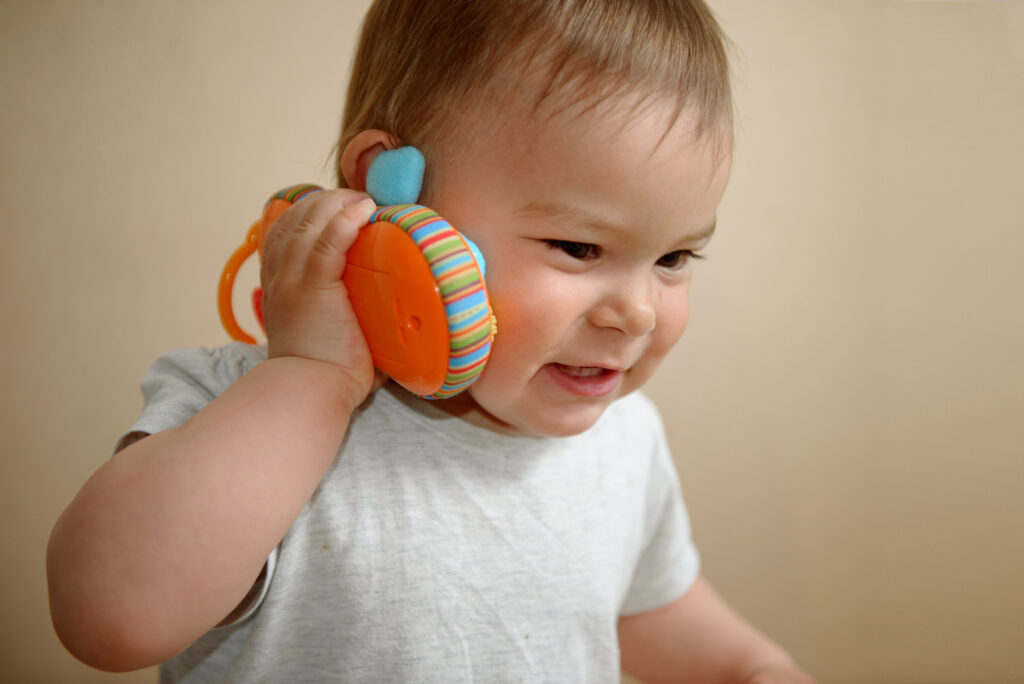Speech delay is one of the many concerns of parents as they track their child’s developmental milestones.
In some cases, there is a need for genuine concern if a child is not meeting the set speech and language developmental milestones for their age, and in this case, speech delay may be diagnosed.
Speech is a part of language development and involves the words we use to communicate and incorporates articulation and forming sounds to make words. The language itself includes many forms of communication, including verbal (speech) and non-verbal, and comprehension and understanding.
Speech Delay
A speech delay might involve a child knowing and using fewer words than would be expected for their age. It might also involve issues and problems with pronouncing words, forming words, and issues being understood when communicating verbally.
In other cases, what may at first appear to be speech delay may be the signs of a late talker. A later talker is a child aged between 18 and 30 months who displays good comprehension skills and responds non-verbally to commands, questions, and communication with caregivers but who may still have a limited number of words that they use to talk with.

Signs of speech delay
Several clean signs signal a possible speech delay in a child. Should you identify any of these in your child, the first place to start is professional advice from a medical practitioner. Your family doctor is a good place to start with any concerns you may have about your child’s speech development.
| Age | Sign of possible speech delay |
| 12 months | Is not yet using gestures and non-verbal communication to convey emotions and interests or to respond to conversation |
| 18 months | Relies mainly on non-verbal cues to communicate, chooses non-verbal communication consistently over verbal communication and speech; appears to have trouble copying and repeating sounds; is not yet able to understand and then follow simple instructions or questions |
| 2 years | Can parrot the speech of others but does not initiate speech and communication verbally with their own words, or words they have not imitated from someone else speaking; repeats the same small amount of work over and over; uses speech to communicate their basic needs but is not able to expand on this; The tone of voice sounds unusual or has trouble pronouncing sounds |
As a rough guide, you should be able to understand up to half of all the words your child uses by the age of two years old. Understandably, half of the words will not necessarily be comprehensible at this stage of their speech development.
By the age of three (3), this should have increased to you being able to understand 3/4 (75%) of the words your child uses, meaning there are just a few you cannot understand or are not clear enough.
By the age of four (4), a child’s speech should be clearly understood not just by their caregivers but also by anyone they speak to. Delays with any of these milestones could suggest the presence of a speech delay in your child.
Testing and diagnosis
In most cases, to diagnose a speech delay, you and your child should visit a speech-language pathologist. With further assessment and evaluation, they will be able to understand if a speech delay is present, the extent of the speech delay, possible causes of it, and the right intervention to help your child with their language.
In some cases, this might require further testing and possibly even genetic counseling and analysis to understand if the cause of the speech delay is related to underlying health or medical conditions, such as a genetic syndrome or an isolated symptom.



